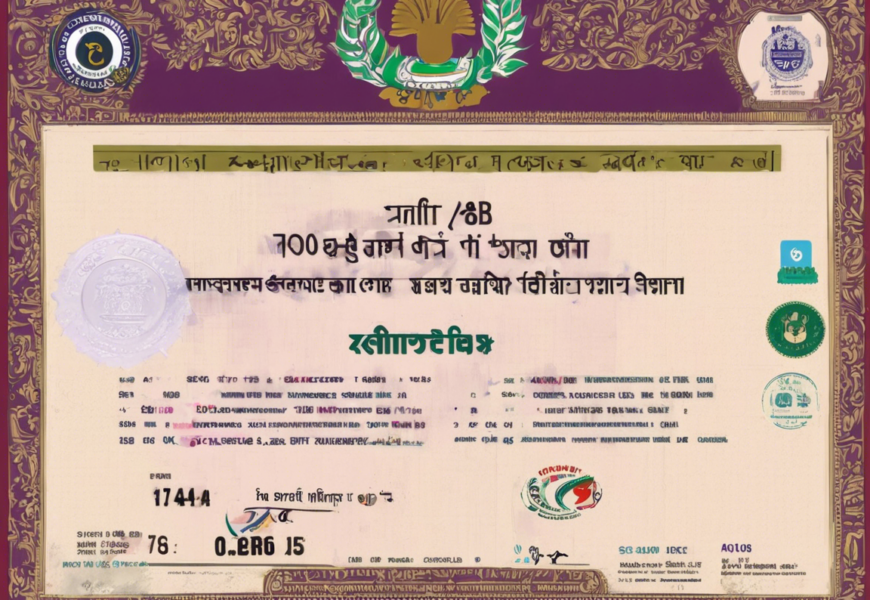The CIF (Customer Information File) number is a crucial element for banking operations, particularly for State Bank of India (SBI) account holders. This unique number plays a significant role in managing various accounts and services offered by the bank.
What is CIF Number?
The CIF number is a distinctive customer identification number assigned by banks to every account holder. It’s an 11-digit number that contains essential details about the customer’s accounts, loans, and services with the bank. CIF numbers are utilized to keep track of all banking transactions and activities associated with a particular customer across multiple accounts.
Importance of CIF Number
- Track Customer Information: The CIF number helps the bank in centralizing customer information like account details, loans, KYC documents, etc., at one place.
- Easy Reference: Having a single CIF number for multiple accounts makes it convenient for both the customer and the bank to access all information.
- Streamlined Banking Operations: It aids the bank in providing better and more efficient services to customers by having a comprehensive view of their financial relationship.
Where to Find the CIF Number in SBI?
For SBI account holders, there are multiple ways to find out the CIF number:
1. Passbook: The CIF number is usually printed on the first page of the bank passbook.
2. Cheque Book: The number can be found on the front page of the SBI chequebook.
3. Online SBI Portal: Login to your SBI internet banking account, and you can find the CIF number under the “My Accounts” section.
4. SBI Anywhere App: The CIF number is visible in the SBI Anywhere app under the user details.
5. Visit the Branch: You can also visit your SBI home branch and ask the bank officials for the CIF number.
Understanding CIF Number in SBI
When it comes to SBI, understanding the CIF number is vital for account holders. Here are some specific details about CIF numbers in SBI:
1. CIF in SBI Loan Accounts: If you have taken a loan from SBI, the CIF number will remain the same for all your accounts and loans with the bank.
2. Joint Accounts: In the case of joint accounts, each account holder is assigned a separate CIF number. The joint account then gets a common CIF number linked to individual CIF numbers.
3. CIF for NRI Account: Non-Resident Indian (NRI) account holders with SBI also have a CIF number that helps in tracking their accounts and transactions.
4. Account Closure: Even if you close your account with SBI, the CIF number remains the same for future reference or in case you open another account with the bank.
FAQs about CIF Number in SBI:
Q1: Can I have more than one CIF number in SBI?
A1: No, each individual customer can have only one CIF number in SBI.
Q2: Is it possible to change my CIF number in SBI?
A2: No, the CIF number is a unique identifier and cannot be changed.
Q3: Will my CIF number change if I shift to a different city and open a new account in SBI?
A3: Yes, a new account in a different city will have a new CIF number, but your previous CIF will be linked to the new one.
Q4: Can I share my CIF number with others?
A4: It is recommended not to share your CIF number with anyone to maintain the confidentiality and security of your account details.
Q5: How long does SBI retain CIF information?
A5: SBI retains CIF information even after the account is closed for future references.
Conclusion
In conclusion, the CIF number is a critical component for SBI account holders, providing a consolidated view of their banking relationships. Understanding its importance and where to find it can help customers in managing their accounts efficiently. With the CIF number, SBI ensures seamless banking operations and enhanced customer service. If you still have any queries about CIF numbers in SBI, reach out to the bank’s customer service for further assistance.




